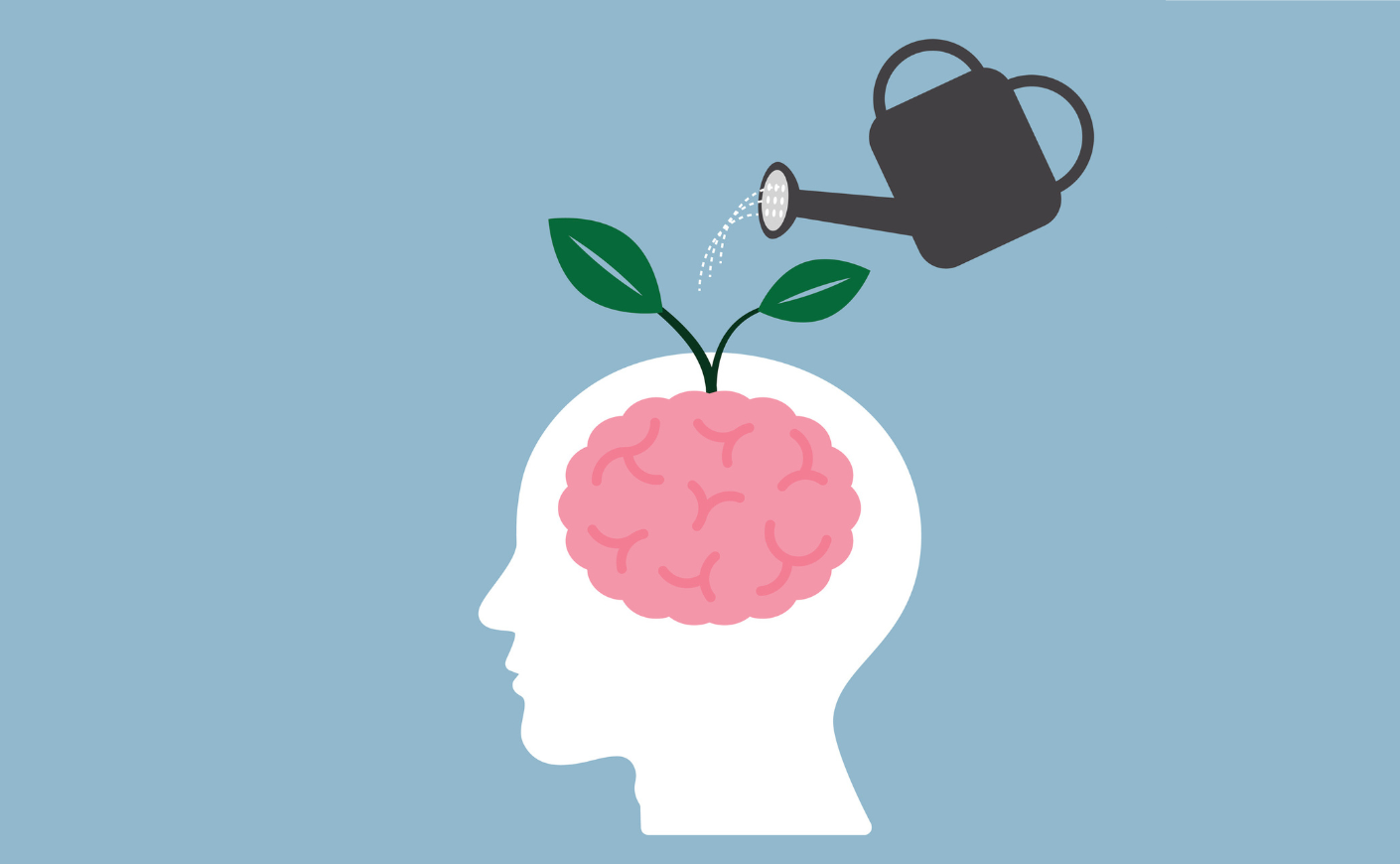A new study has discovered that brain stimulation can boost older adults' short-term memory for up to a month.
A short-term memory boost
The research by a team at Boston University, which was published on Monday in Nature Neuroscience, shows that electric currents sent to two regions of the brain associated with storing and recalling information mildly improved immediate recall in subjects over 65-year-olds. The currents were made up of a gentle electric pulse, and the subjects' memories were evaluated using lists of words.
By the end of the four-day experiment, those whose brains had been stimulated performed 50 to 65% better in the memory test, remembering around four to six extra words out of a list of about 20. Those with the worst memories showed the most improvement.
Minor intervention, immediate effect
“This was a very short intervention which produced both an immediate effect and a very durable one,” Marom Bikson, a neural engineer at the City College of New York (who was not involved in the study), told MIT Technology Review. “More research is needed, but if this works out it could be in every doctor’s office … and it could eventually be something that people use at home.”
"This preliminary but promising finding warrants more exploration of the use of bioelectronic approaches for disorders like Alzheimer's disease," neuroscientist Rudy Tanzi, a professor of neurology at Harvard Medical School who wasn't involved in the study, told CNN.
A non-invasive step in the right direction
There's a growing body of evidence to suggest that stimulating brain networks can strengthen the connections between regions of the brain. The stimulation Reinhart and his colleagues used was minimal, but sufficient to modulate the way that brain cells fire. “They’re noninvasive, safe, extremely weak levels of alternating current,” he explained.
The research is incredibly promising, given how common memory loss and general cognitive decline are in older adults. However, as Masud Husain, a professor of neurology and cognitive neuroscience at the University of Oxford who was not involved in the study, warned: "Whether these improvements would occur for everyday memories, rather than just for lists of words, remains to be tested."









